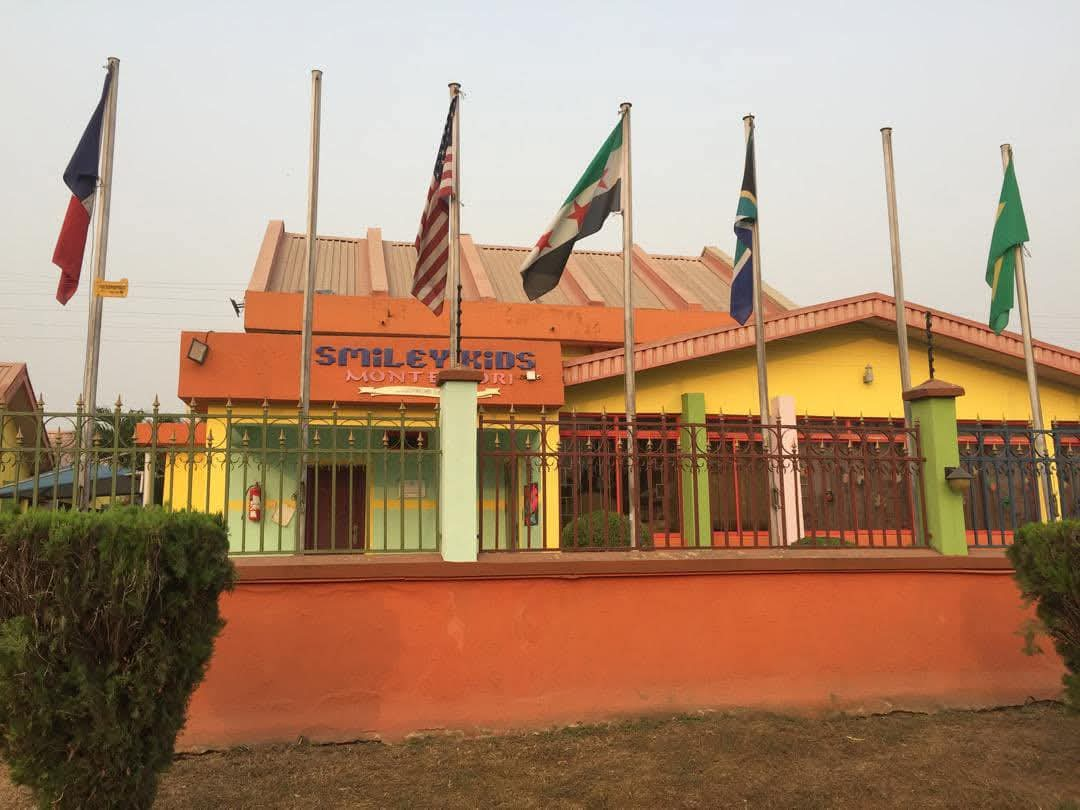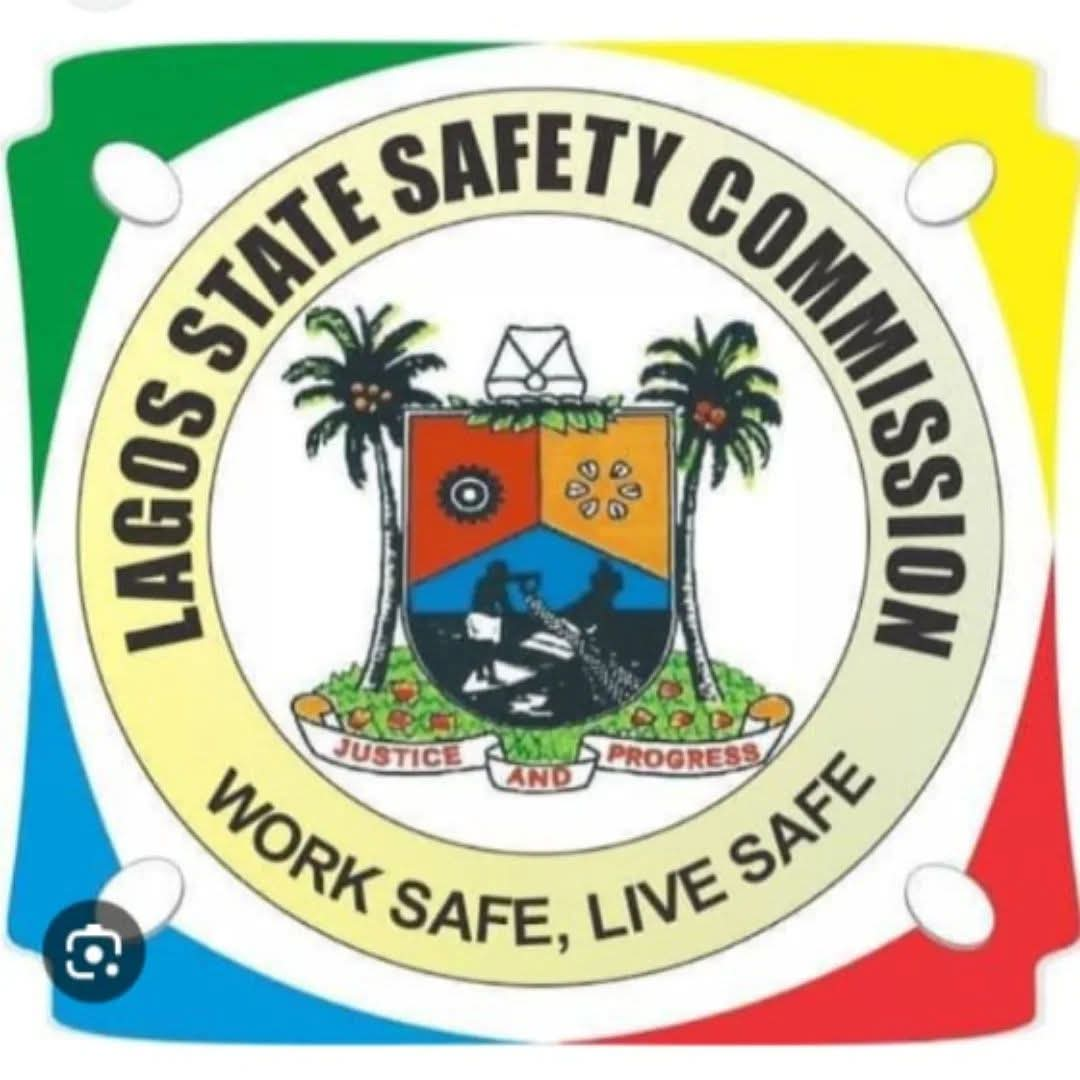The alarming rise in tragic incidents within Lagos schools has become a source of concern for parents, educators, and policymakers alike. From cases of child abuse to fatalities caused by negligence, the safety and well-being of children in schools are being increasingly jeopardized.
The recent cases of a two-year-old’s death at a Lagos school and the assault of three-year-old Abayomi Michael are glaring examples of systemic failures that demand urgent action.
The Role of School Authorities
School authorities must prioritize the safety of students by establishing comprehensive safety protocols. Schools should conduct regular risk assessments of their facilities, particularly areas like swimming pools, playgrounds, and electrical installations.
In the case of the two-year-old girl who tragically died, Ella’s account highlighted safety lapses such as poor pool monitoring and alleged tampering with the crime scene. This points to a glaring need for strict supervision and clear accountability frameworks.
Additionally, schools must establish clear communication channels with parents. The culture of concealment, as seen in Ella’s case where parents were allegedly misled about the school’s closure, erodes trust and worsens public perception. Transparency and honesty must be at the core of school operations.
Teachers as Custodians of Safety
Teachers, as direct caregivers during school hours, bear significant responsibility for ensuring students’ safety. Rigorous training in child protection, first aid, and emergency response must be mandatory for all teaching and non-teaching staff.
In Abayomi Michael’s case, the physical assault by his teacher underscores the importance of psychological evaluations and regular performance assessments for educators. Teachers must be adequately trained not just academically but also emotionally, to handle the challenges of working with young, vulnerable children.
Parents as Advocates and Collaborators
Parents have a critical role in ensuring their children’s safety at school. They should actively engage with school authorities, attending meetings, asking questions about safety measures, and advocating for improvements where necessary.
Ella’s bold move to demand justice for her daughter through social media is an example of parental advocacy. However, parents should also collaborate with schools to build a culture of accountability and trust. Joining or forming Parent-Teacher Associations (PTAs) can create a platform for discussing safety concerns and proposing actionable solutions.
Government Intervention and Oversight
The government must lead the charge in setting and enforcing safety standards in schools. The Lagos State Ministry of Education and related agencies must intensify inspections and audits of school facilities, ensuring compliance with established safety guidelines. Non-compliant schools should face penalties, including fines, closures, or license revocations.
The recent commendable actions by the Lagos State Ministry of Youth and Social Development in Abayomi Michael’s case—securing medical care and facilitating corporate support—show that the government can act decisively when needed. However, such interventions must be consistent and proactive rather than reactive.
To further strengthen school safety, the government should introduce policies mandating the installation of surveillance systems in schools, deployment of trained security personnel, and regular drills to prepare for emergencies.
Collaborative Efforts to End the Trend
Curbing the ugly trends in Lagos schools requires a multi-stakeholder approach. Schools, teachers, parents, and the government must work together to build a safe learning environment for children. This includes fostering a culture where children feel protected, valued, and heard.
By addressing systemic flaws, promoting accountability, and prioritizing safety, Lagos can transform its schools into havens of learning and growth, rather than hotspots for tragedies. The recent cases, though deeply distressing, should serve as a wake-up call to act decisively and protect the future of our children. The time to act is now.












